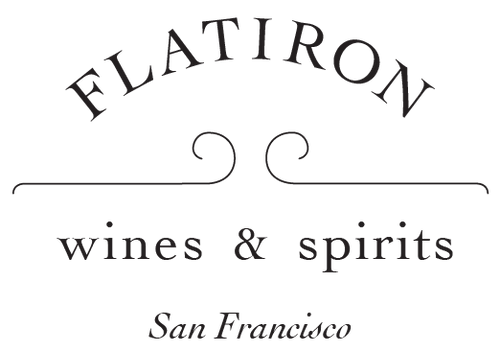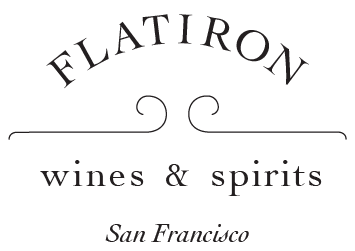Gian Luca Colombo
Natural wines from Piedmont? Yes, they exist. They do not get the same focus as Barolos and Barbarescos from the recognized masters, but when you find a good example, do not hesitate to give them... Read More
Natural wines from Piedmont? Yes, they exist. They do not get the same focus as Barolos and Barbarescos from the recognized masters, but when you find a good example, do not hesitate to give them a try!
Although you can certainly find “natural” Barolo, the whole “natural” label – itself controversial – lends itself more easily to Piedmont’s “little” wines. We’re talking about those wines made from grapes other than Nebbiolo – or if they are made from Nebbiolo, they bear the name of the grape on their label, as opposed to a DOC like Barbaresco. These are the wines, as we’ve said many times before, that the local Piedmontese actually drink, because they are easy-drinking and thirst-quenching and deliver a lot of simple pleasure for not that much money.
From time to time, you might hear “natural” wine getting described in almost exactly the same way. And so you see why it makes a lot of sense to produce a “little” Piedmont wine in a fashion that is as natural as possible.
And that’s what Gian Luca Colomba does. The farms, biodynamically, Dolcetto, Barbera and Nebbiolo in his own vineyards. He then vinifies them separately, allows them to undergo a fairly long maceration and then puts them in large casks made of Austrian wood for a short period of elevage. He bottles the wine and then calls it “Naturale”.
Although you can certainly find “natural” Barolo, the whole “natural” label – itself controversial – lends itself more easily to Piedmont’s “little” wines. We’re talking about those wines made from grapes other than Nebbiolo – or if they are made from Nebbiolo, they bear the name of the grape on their label, as opposed to a DOC like Barbaresco. These are the wines, as we’ve said many times before, that the local Piedmontese actually drink, because they are easy-drinking and thirst-quenching and deliver a lot of simple pleasure for not that much money.
From time to time, you might hear “natural” wine getting described in almost exactly the same way. And so you see why it makes a lot of sense to produce a “little” Piedmont wine in a fashion that is as natural as possible.
And that’s what Gian Luca Colomba does. The farms, biodynamically, Dolcetto, Barbera and Nebbiolo in his own vineyards. He then vinifies them separately, allows them to undergo a fairly long maceration and then puts them in large casks made of Austrian wood for a short period of elevage. He bottles the wine and then calls it “Naturale”.

